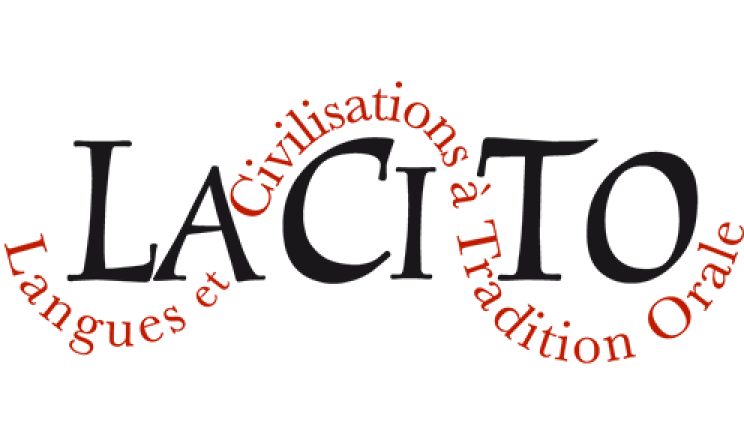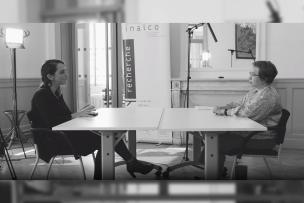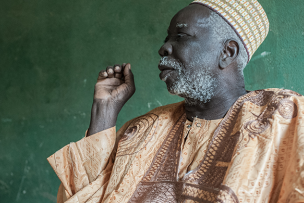LACITO

The Langues et Civilisations à Tradition orale multidisciplinary research laboratory is a CNRS joint research unit (UMR 7107) whose academic supervisors are Université Sorbonne Nouvelle (primary supervisor) and Inalco (secondary supervisor). Its mission is to explore and safeguard the diversity of languages and cultures with an oral tradition, in a world where this diversity is rapidly decreasing.
LACITO is a multidisciplinary research laboratory (linguistics and anthropology) whose mission is to explore and safeguard the diversity of languages and cultures with an oral tradition (without an exclusive areal orientation), in a world where this diversity is rapidly diminishing. The documentation of endangered languages is carried out in dialogue with the study of the intricacies of the social and the spoken word. Analyzing linguistic diversity, and the diversity of social uses of language, is a scientific undertaking that sheds light on the evolutionary processes of languages and societies. This work has obvious implications for the communities concerned (including diaspora communities), as well as heritage implications for the memory of civilizations.
From a methodological point of view, LACITO researchers and PhD students gather first-hand data during field surveys, with speaker communities, in areas that are sometimes difficult to access. Linked to theoretical issues, the research results in scientific productions that, in an Open Science perspective, combine publications (books, articles, communications), data (fundamental linguistic documentation) and tools (the laboratory is notably co-manager of the "Collection de Corpus Oraux Numériques" platform, cocoon.huma-num.fr). The Pangloss Collection, an open archive of rare-language corpora (pangloss.cnrs.fr), developed since the 1990s, is growing steadily. The data (audio, video, text) are exploited using IT tools, including cutting-edge Automatic Language Processing techniques.
PhD students are closely involved in our work, which also benefits students as early as the Bachelor's and Master's levels through the teaching provided by members of our laboratory, mainly at Université Sorbonne Nouvelle and Inalco.
.

